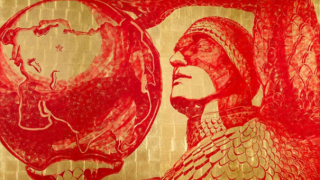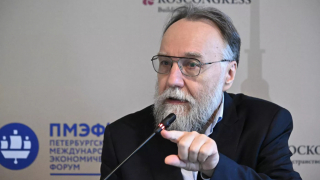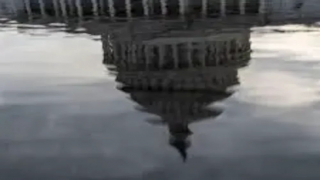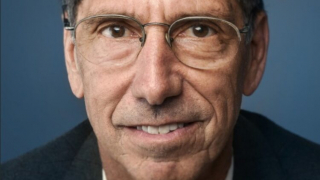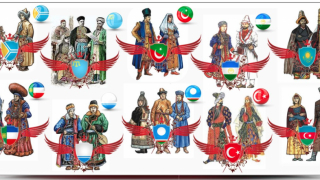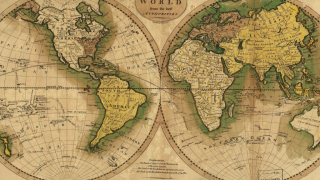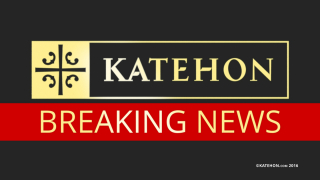See also
26.10.2022
The first and most important statement is that Russia is an independent, original civilization. This statement is the axis around which there should...
30.08.2016
As part of the new "Silk Road" a new rail route from Guangzhou City in Guangdong Province to the town Vorsino in the Kaluga region has been opened....
06.06.2024
"BRICS is a dialogue of cultures," while the West is still outside BRICS because it insists that there are no cultures and civilizations other than...
18.10.2024
The historic turning-point that started the climb-down from 25 July 1945 occurred on 9 October 2024, by means of an event that was buried in the news...
06.10.2022
In the structure of the modern Western world, wars currently no longer serve the purpose of settling scores between two countries, moved by the...
28.05.2024
Turan was the name given to Central Asia by the Iranian peoples in ancient times. Pan-Turanism aims to unite all Turkic and other Altaic peoples in...
28.12.2015
1. Analysis of the problem
2. History of the conclusion of the Contract on RASR (rockets of average and small range)
3. General characteristics of...
27.10.2020
The wars of Europeans throughout history, though occasionally affecting a global power balance, wrought their primary destruction within Europe...
04.11.2016
A today’s 10-hour ceasefire in Aleppo has come to an end. Russia announced unilaterally the humanitarian pause, after consultation with the Syrian...
08.04.2017
US President Donald Trump has attacked Syria. What is Washington up to?
04.07.2017
Seven NATO members have announced that they will cooperate on the development of new maritime multi-mission aircraft.
Defense Ministers from France,...
01.08.2016
After the visit of Russian President Vladimir Putin, there will be work to intensify these positions on several fronts


